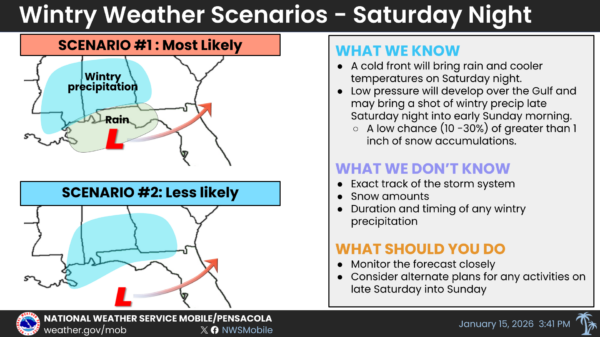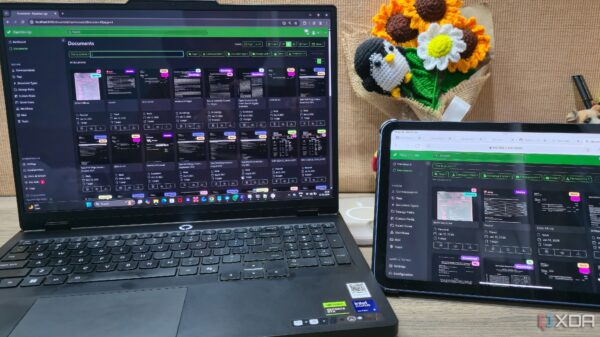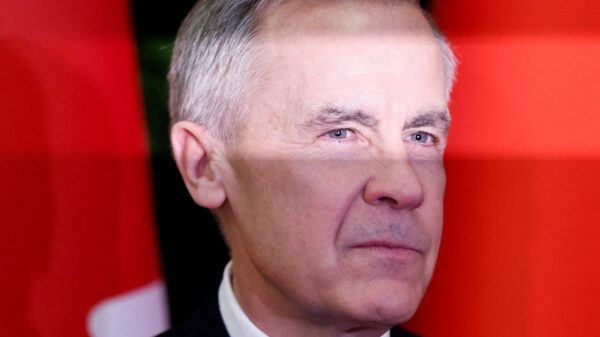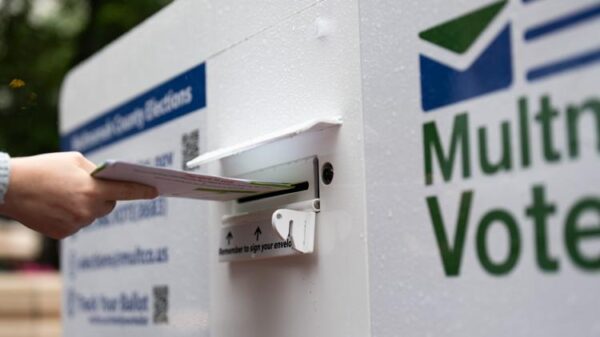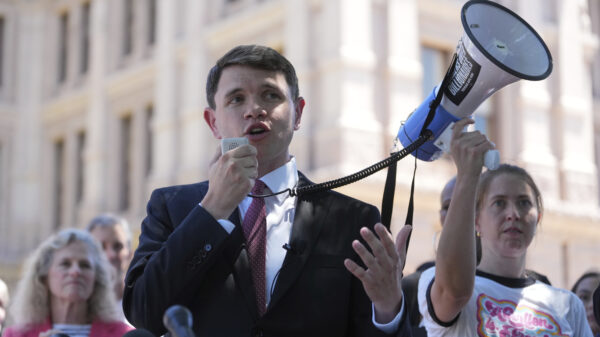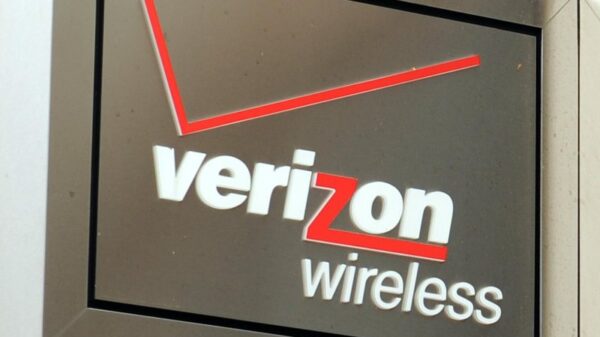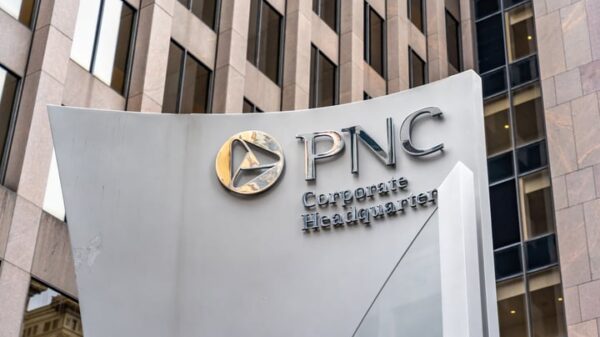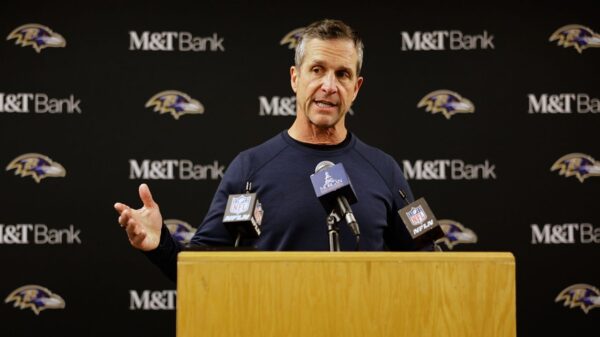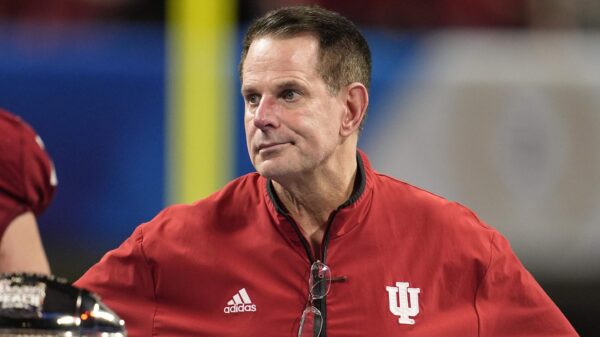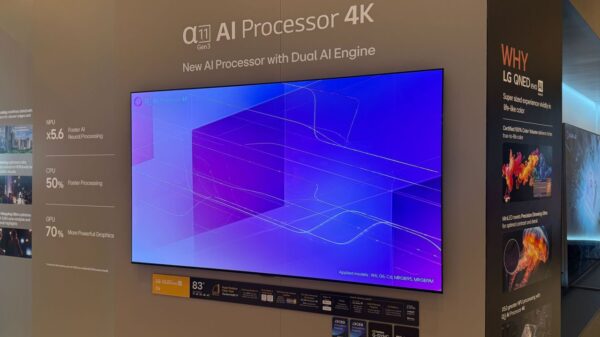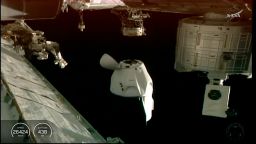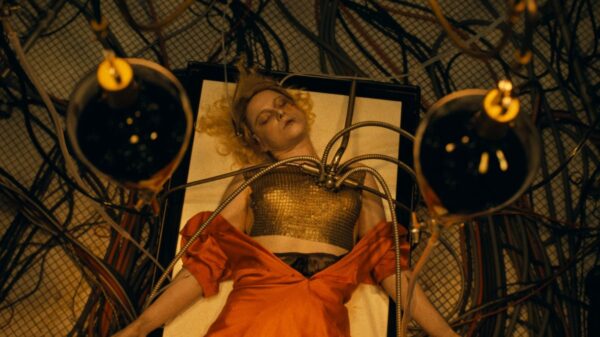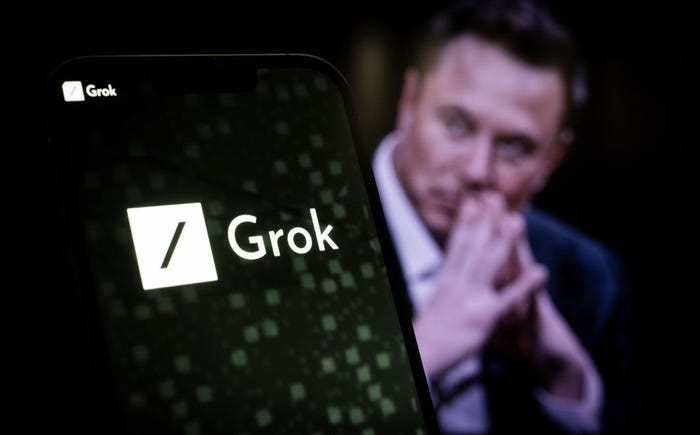URGENT UPDATE: New AI analyses reveal sharply diverging predictions on Elon Musk’s chances of unlocking a staggering $1 trillion in his proposed pay package from Tesla. As Musk faces ambitious targets, AI models from Grok, ChatGPT, and Gemini present drastically different assessments of his likelihood to succeed.
According to Grok, an AI developed by Musk’s own company xAI, the odds of achieving the full payout stand at 15%. In stark contrast, Gemini claims those chances are “effectively zero,” illustrating the high stakes of this unprecedented compensation structure.
Tesla’s proposed pay package hinges on ambitious milestones, including reaching an $8.5 trillion market cap and achieving $400 billion in adjusted EBITDA, along with significant advancements in robotaxi deployments and full self-driving (FSD) subscriptions. Each benchmark presents a monumental challenge, but Musk has a history of exceeding expectations.
The pivotal question is whether Musk can replicate his previous success, where he met all twelve milestones from his former pay package in 2023, before it became embroiled in legal disputes. The new pay proposal is still pending shareholder approval.
Grok remains the most optimistic, asserting a 70% likelihood that Tesla will meet vehicle delivery targets and a 35% chance for FSD subscriptions. For robotaxi and Optimus robot sales, Grok estimates 80% and 50% probabilities, respectively. Overall, Grok revised its initial estimate, now suggesting a 25% chance of Musk hitting all targets after analyzing Tesla’s SEC filing.
In the middle ground, ChatGPT assigns a 2% probability that Musk can achieve all goals, despite having a more favorable outlook on specific milestones like robotaxi deployment, which it rates at 40%. It assigns 10% odds for achieving $400 billion in EBITDA and merely 5% for the $8.5 trillion market cap.
Conversely, Gemini’s assessment is notably grim, indicating less than 5% odds for both the EBITDA and market cap goals. Its analysis suggests that the likelihood of Musk meeting all requirements is “virtually zero,” emphasizing the unpredictability of the factors involved.
Despite the daunting targets, Musk’s compensation plan allows for incremental payouts. The first market cap milestone starts at a $2 trillion valuation, with additional milestones set at every $500 billion increase up to $6.5 trillion. Similarly, the initial adjusted EBITDA goal is set at $50 billion, culminating in the final target of $400 billion over specified periods.
Musk remains undeterred by these projections. As he embarks on this ambitious journey, the tech and investment communities will be watching closely. The questions remain: Can Musk defy the odds yet again, or will the AI predictions hold true? The outcome could reshape Tesla’s future and Musk’s financial landscape.
Stay tuned for further updates as this story develops.


